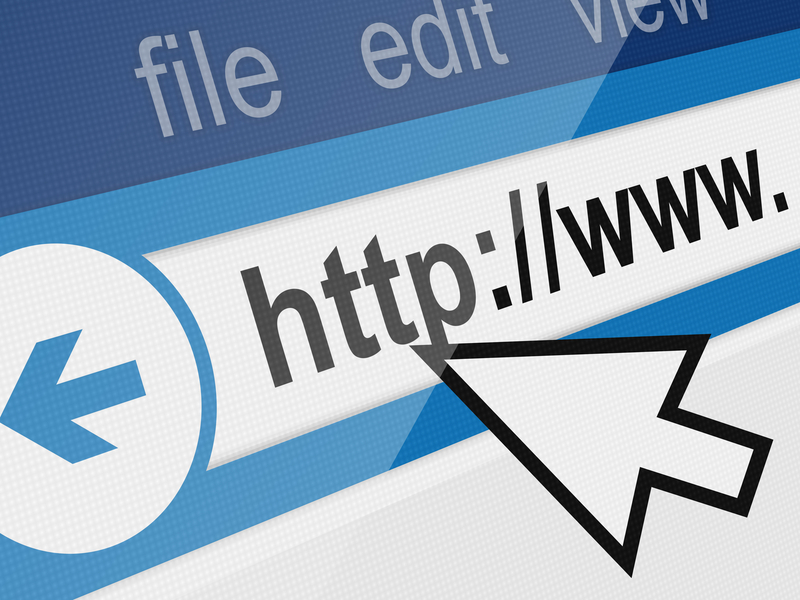Google is the world’s most popular search engine by far, with over 75% of Internet users reporting Google as their first choice. Yahoo, which was once one of the most popular search engines on the market, came in at around 8%. Because of their vast market share, Google’s policies and protocols matter more to businesses than ever before. They essentially get to decide who is seen by consumers–and who isn’t. So what do they want from the web pages they sort?
Staying Ahead of Google Updates
Google is constantly tweaking its algorithms to deliver the most relevant results to web searchers. Since Google doesn’t usually come out and announce that they are changing their metrics, your page rank might drop suddenly without warning or explanation. With first page search results enjoying the lion’s share of traffic, placing on even the second page of Google listings means that your website is completely overlooked by the vast majority of web users.
The only way to protect your page rank is to constantly stay ahead of Google updates, which can be difficult to do. Previous Google updates have included changes to the way the system treats certain URLs, how local businesses are displayed, and which kinds of tags the system looks for when indexing sites. Some Google updates have targeted websites that use duplicate, redundant, or excessive information, since these pages are inherently less useful to web users. What used to bump your rankings up drastically may now shove them down.
Fortunately, websites like mozcast.com are dedicated to monitoring Google’s web traffic to give people an idea of when changes might be occurring. Beyond watching these sites, here are some tips to protecting your web traffic so that your website can stay viable, no matter what kinds of updates Google throws your way.
Tips for Improving Your Search Ranking
Google’s primary goal is to promote sites that actually provide what searchers are looking for. For this reason, all their updates are geared toward identifying useful content. While other tips and tricks can help you get Google’s attention, the best way to stay on their good side through any update is to provide genuinely useful information.
Provide Value to Searchers
There is a reason that web developers and SEO experts alike tout the phrase “content is king.” When it comes to building a truly successful website, offering genuine, useful content to readers is more important than anything else. This means that instead of simply filling your site with poorly written, irrelevant pieces, focus on your business or website goals and offer content that readers would find helpful.
Make it a priority to use relevant sources, a professional, intelligent tone, and information that web readers aren’t likely to find other places. Before writing content for your website, think carefully about what readers will be looking for, and whether or not the content would be a valuable addition to your website.
Update Material Frequently
One of the things that Google web crawlers look for when they scan for valuable pages is new content, which is why you should never leave your website stagnant. Focus on updating your website frequently, even multiple times a day if possible. Adding sections that focus on current events or new trends can also help, since people are likely to search for that kind of content.
Create Content Without Click-Bait
Google also evaluates your webpage based on the number of ties that it has to other pages, since professional sites and blogs frequently refer people to other helpful resources. In the past, web developers could improve their site ranking by simply stuffing their posts with links to irrelevant webpages, but recent Google updates have cracked down on these kinds of practices. For this reason, avoid click-bait content, such as link stuffing or phrases like “click here for more information!”
Use Alt Tags and Metadata
Contrary to popular belief, the Google algorithm isn’t an all-seeing virtual life form that can reasonably and responsibly detect different kinds of data. For example, if you upload pictures to your website or blog, Google can’t tell what they consist of—unless you include alt tags and metadata. These important pieces of information can be added easily and will improve your page rank, since they give Google a more accurate description of what your page includes.
The Value of Professional SEO Businesses
Unless you have several hours each and every day to take care of your webpage, it can be hard to do everything from monitoring your page ranking to updating that blog. To make things much easier, consider hiring a professional Utah SEO company. Professional SEO companies specialize in learning more about the latest Google updates so that we can design smarter websites for our clients. Contact Infogenix to find out how we can improve your website or blog.


